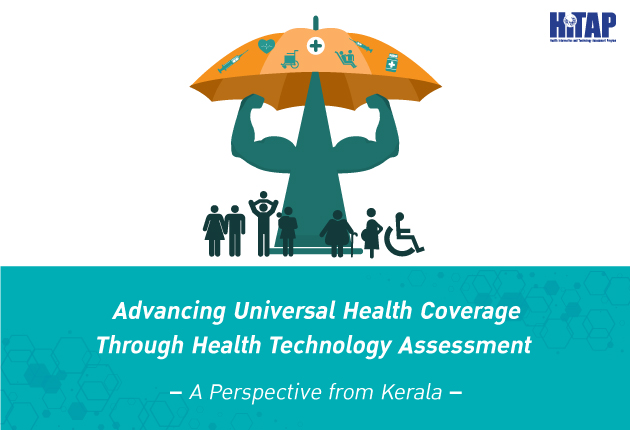Overcoming Barriers: Financing and Service Delivery for Vaccination in Fragile and Conflict-Affected States


The 2019 National University of Singapore (NUS) Initiative to Improve Health in Asia Leadership Development Programme (NIHA LDP) was held at NUS, Singapore from the 24th – 29th June. The event aimed to equip policy-makers with an understanding of health technology assessment (HTA) for health care priority setting and reimbursement to advance universal health coverage (UHC) in Asia. Many pressing issues including advocacy, capacity strengthening, resources for high-cost treatment, controversies in vaccines as well as the role of political economy in healthcare decision making were discussed by experts from renowned institutions from across the world to address the role of HTA in ensuring sustainability of UHC.
Dr. Rajan N. Khobradage, the Principal Secretary of Health & Family Welfare and the Aayushman Bharat Yojana (UHC scheme of India), Government of Kerala, India was one of the attendees the NIHA LDP 2019. Below, Dr. Rajan shares his personal views on the role of HTA in advancing UHC and what it could mean for his state, Kerala.
“As societies strive to invest in human resource development, which is the driving force behind the progress of any civilization, it is of paramount importance to develop policies focused on delivering quality health care to everyone irrespective of their socio-economic status, if such progress is to be sustained.
With this vision in mind, the state of Kerala, India, is moving ahead with the continued focus on primary health care coupled with interventions to tackle life style diseases as per the vision of Hon Chief Minister Shri Pinarayi Vijayan and Hon Health Minister Smt K K Shailaja Teacher. To further advance Kerala’s effort to achieve universal health coverage (UHC), I had the opportunity to attend this year’s National University of Singapore (NUS) Initiative to Improve Health in Asia Leadership Development Programme (NIHA LDP) to learn and share both personal and state-level experiences related to the success and challenges faced in implementing HTA.

Dr. Rajan N. Khobragade during the NIHA LDP 2019
If I have to use an analogy to explain HTA, it would be the operation of a computer. In a computer, the operating system is essential to using various software, likewise in the health sector, HTA is essential to arrive at an informed decision to introduce new interventions as well as change in the past interventions to ensure proper use of resources for achieving desired results.
All states and nations are grappling with the complex issues in the health sector. With competing demands from all sides, only through proper informed decisions regarding health care interventions done through HTA, the scarce resources can be put to best use.
Broadly, the population can be categorized into two, the healthy population and the population needing health care. HTA should provide guidance for interventions to both of these segments, only then can the reservoir of the people needing health care will remain manageable and will not keep growing. That takes us to the most fundamental aspect of ensuring preventing and promotive health care approaches at the grassroot level coupled with issue-specific interventions in health care settings.
HTA will help the states establish a feedback loop of evidence-informed health policy as shown in the figure below:

Feedback loop of evidence-informed health policy
HTA needs to be taken down right up to the grassroot level institutions so that efficiency gains at these levels can have a multiplier effect. A well-structured capacity building program and support system should be put in place to enable states to establish this initiative. The Health Intervention and Technology Assessment Program (HITAP), Ministry of Public Health, Thailand, through the International Decision Support Initiative (iDSI), is taking various steps to build such capacities in many countries. With their increased role and presence in this field, I hope, HTA will get internalized and institutionalized soon and become an integral part of health systems in the respective states and nations”.